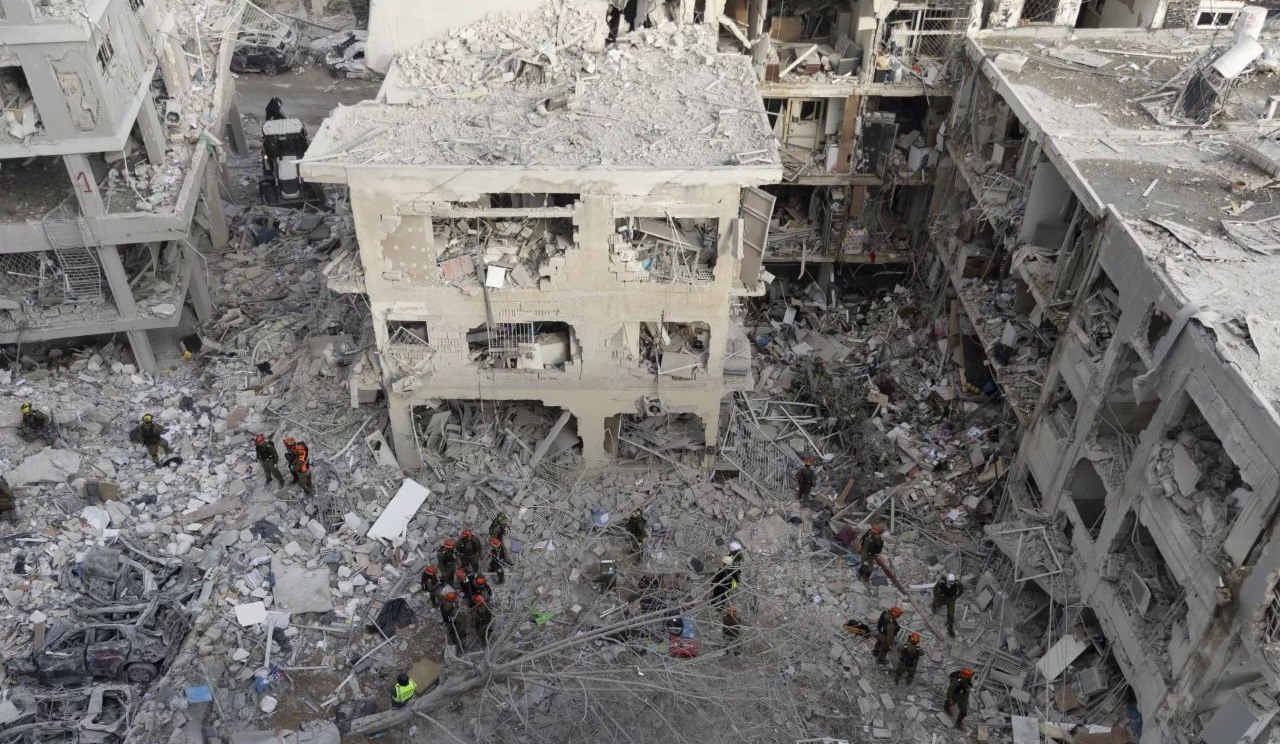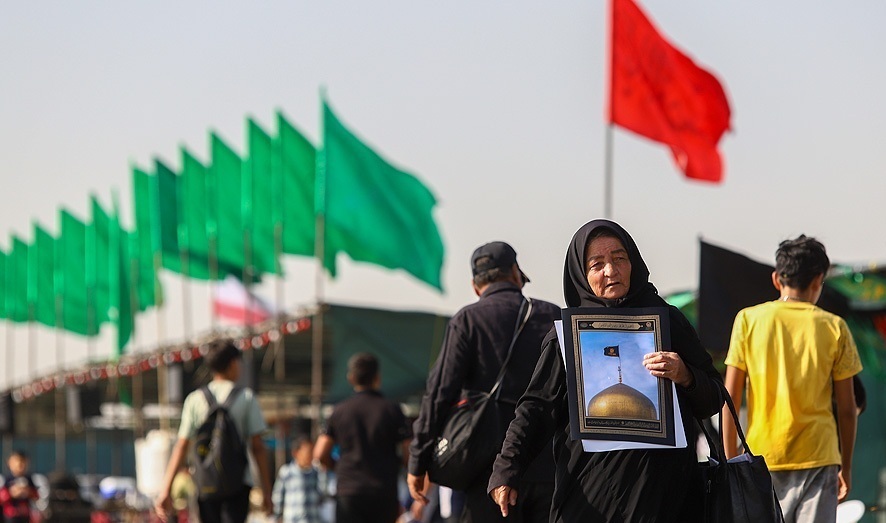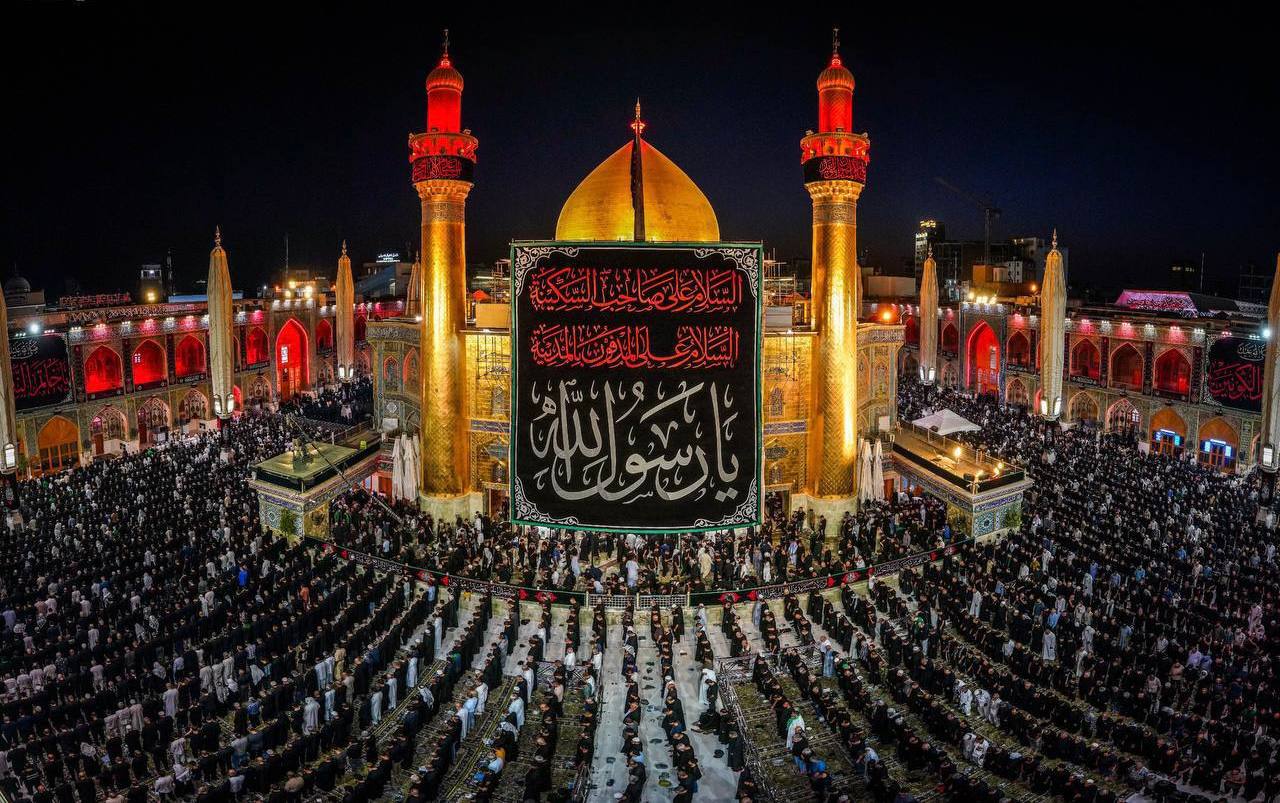Zionist Expansion: Between Illusion and Weakness
The expansionist ambitions of the Zionist entity, pursued through its settlement projects and political infiltration whether by force or through softer means, now demand a clear and resolute response. These colonial plans have left a trail of devastation: chaos, displacement, the killing of children, hunger, and destruction. Palestine remains the clearest example of this ongoing tragedy. Left unchecked, this project poses a serious threat, one that must be confronted with awareness, unity, and decisive action.
The notion of a “Greater Israel,” once articulated by leaders of the Zionist movement, particularly Theodor Herzl, founder of political Zionism in The Jewish State, has always placed Palestine at the center of expansionist aspirations. Herzl envisioned a state extending from the Nile to the Euphrates, citing a distorted interpretation of the Torah: “From the Nile to the Euphrates, I have given you this land.” This slogan has been used as a theological and ideological justification for what is, in reality, a colonial ambition cloaked in religious rhetoric.
Since its establishment in 1948, the Zionist entity has embedded this ideology symbolically into its national emblem, which features two blue lines representing the Nile and Euphrates rivers, signaling the intended geographic scope of influence: Egypt and Sudan to the west, and Iraq and Syria to the east. This vision has remained deeply rooted in Zionist thinking and has guided its strategic actions across the region.
A turning point in the implementation of this vision came through the Yinon Plan, one of the most dangerous blueprints of the Zionist project. The plan asserts that Israel’s long-term survival depends on the fragmentation of surrounding Arab states. It proposed, for example, the division of Iraq into three separate regions: a Shia south, a Sunni center, and a Kurdish north. It also called for the weakening of Egypt by detaching the Sinai Peninsula, and for the sectarian division of Syria and Lebanon. This deliberate strategy of regional destabilization aims to secure Israeli dominance by ensuring its neighbors remain divided and weakened.
Today, the Zionist entity maintains a position of military and political strength in the region. However, its recent confrontation with Iran revealed a different reality, one far removed from the myth of invincibility often promoted by its media allies and regional backers. Despite its propaganda, the entity is not the all-powerful force it claims to be.
It is crucial that this project be understood for what it truly is, not through exaggerated narratives portraying Israel as an unstoppable superpower, but as a system built on fear, division, and structural weakness. As the Holy Quran describes, their strength is "like the web of a spider," fragile and deceptive.
In light of this, the necessary response from Arab nations and their leaders is not silence or compliance, but unity, strength, and dignity. This is not merely a political challenge. It is an existential struggle that determines whether the region preserves its independence and collective identity or succumbs to division and subjugation.
There is no middle ground. The choice is between resistance that secures sovereignty and a future for the region or surrender that invites disintegration and loss.
Ameer Al-Mousawi



